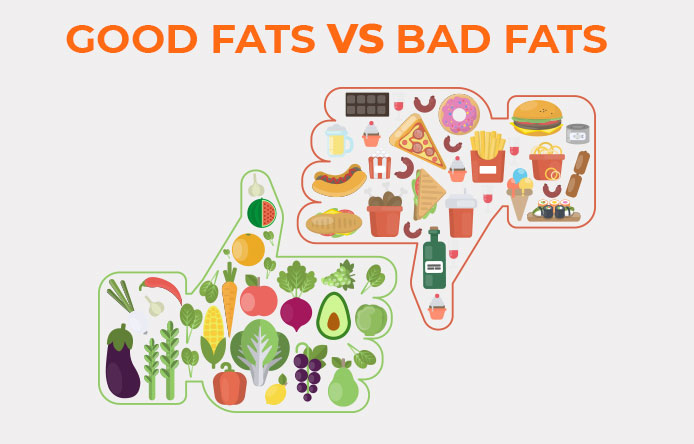Starting a new diet can be both exciting and daunting. While the journey towards a healthier you is commendable, it’s important to be aware of potential pitfalls. Many beginners make mistakes that can derail their progress and even harm their health. Here are six devastating diet mistakes that most beginners don’t know they are making.
1. Underestimating Portion Sizes
One of the most common mistakes beginners make is underestimating portion sizes. It’s easy to assume that a healthy food can be consumed in unlimited amounts, but even nutritious foods have calories. Overeating can lead to weight gain, regardless of how healthy your diet is.
Tip: Use measuring cups, food scales, and portion control plates to keep your servings in check. Remember, moderation is key.
2. Skipping Meals
Skipping meals, especially breakfast, might seem like a quick way to cut calories, but it often backfires. When you skip meals, you’re more likely to overeat later in the day due to increased hunger. This can lead to poor food choices and larger portions.
Tip: Aim to eat balanced meals at regular intervals. If you’re short on time, keep healthy snacks like nuts, fruits, or yogurt on hand.
3. Falling for “Health” Food Labels
Just because something is labeled “low-fat,” “gluten-free,” or “organic” doesn’t mean it’s healthy. Many of these products are high in sugar, salt, and unhealthy fats. They can also be highly processed, which strips away essential nutrients.
Tip: Always read the ingredient list and nutritional information on food packaging. Focus on whole, minimally processed foods.
4. Not Drinking Enough Water
Staying hydrated is crucial for overall health and can aid in weight loss. However, many beginners neglect their water intake, mistaking thirst for hunger and overeating as a result. Dehydration can also slow down your metabolism and affect your energy levels.
Tip: Aim to drink at least 8 glasses of water a day. Carry a reusable water bottle with you and set reminders to drink water regularly.
5. Overloading on Protein
While protein is essential for muscle repair and growth, consuming too much can lead to weight gain and kidney strain. Many beginners fall into the trap of thinking more protein equals more muscle, but your body can only utilize so much.
Tip: Stick to the recommended daily intake of protein. Include a variety of protein sources in your diet such as lean meats, fish, beans, and legumes.
6. Neglecting to Plan
Failing to plan is planning to fail. Without a meal plan, you’re more likely to make impulsive food choices that don’t align with your diet goals. This can lead to inconsistent eating patterns and poor nutrition.
Tip: Take time each week to plan your meals and snacks. Prepare a shopping list and stick to it. Meal prepping can also help you stay on track.
Conclusion
Avoiding these common mistakes can set you on the path to success with your diet. Remember, sustainable weight loss and health improvements are about making consistent, healthy choices rather than drastic changes. By being mindful of portion sizes, not skipping meals, being critical of food labels, staying hydrated, balancing your protein intake, and planning your meals, you can avoid these pitfalls and achieve your health goals.





